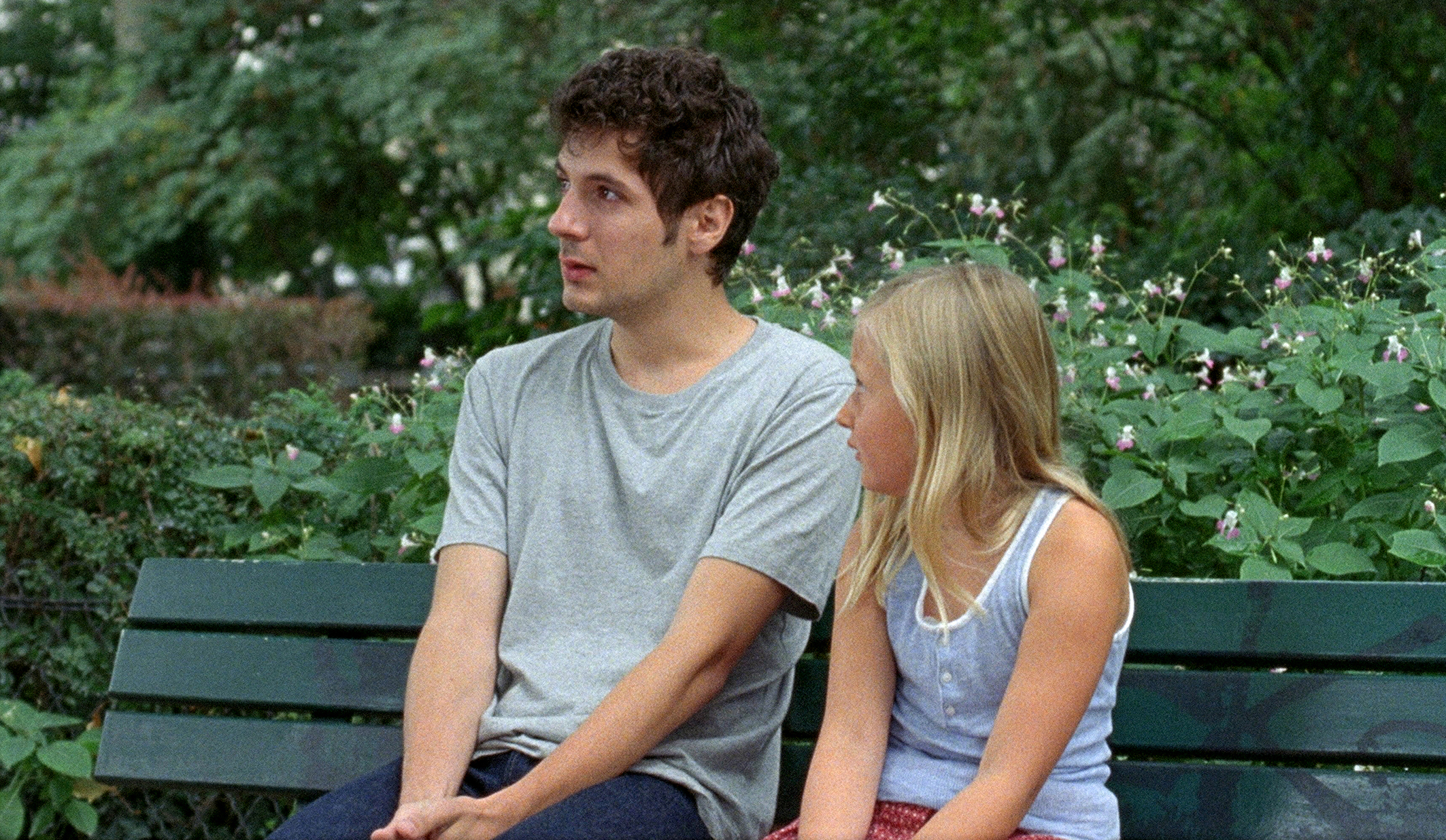Venice Film Review: ‘Amanda’
By Guy Lodge
LOS ANGELES (Variety.com) – In the decade between adolescence and adulthood, Vincent Lacoste has grown one of contemporary French cinema’s great faces: at once beautiful and wonky, shaped by mischief and worry, like a Belmondo reflected in the surface of a choppy lake. That we get to see it move, think and crumple in ways we haven’t quite before is the strongest selling point of “Amanda,” a film already not short on unassuming charm. Following a sweetly feckless twentysomething jolted into adulthood when tragedy appoints him the guardian of his seven-year-old niece, it tells a familiar story furrowed by quiet emotional conviction, much of it in Lacoste’s unhurried, unaffected turn. A nourishingly classical tear-jerker as well as a glowing valentine to Paris’s endurance in the age of modern terrorism, Mikhaël Hers’s third feature will count on warm festival word of mouth to boost its distribution prospects.
For much of its running time, “Amanda” seems positively solar-powered, and not just because of the soft sunshine that permeates its every adoring gaze across the French capital. It’s a film principally about nice, kind people trying their best to do nice, kind things, and there’s more drama and difficulty in that aim than we tend to admit. But for all its gentle, benevolent cheer, there’s a bleak eclipse at the film’s center, as Hers grapples at an intimate level with the challenging reality of continuing life in the wake of heart-shaking loss. The personal crisis faced by the hitherto aimless David (Lacoste) is connected — with mercifully little contrivance or self-importance — to Paris’s collective mourning and recovery after the November 2015 attacks.
Hers isn’t so gauche as to graft his story onto a recreation of those events, though he does imagine a vivid equivalent: a mass shooting in a central city park, which occurs off-screen, though its bloody, petrified aftermath is overseen by a cuttingly calm camera. Among the fatalities is young, vibrant English teacher Sandrine (Ophélia Kolb), devoted older sister to David and doting single mother to Amanda (guileless newcomer Isaure Multrier), a curious, sensitive kid who is neither preternaturally cute nor precociously wise — a refreshingly plausible anomaly in films of this nature. Introductory scenes, set prior to the tragedy, establish an easy, jovial kinship between the three, with David’s role in Amanda’s life hovering somewhere between fun uncle and big brother.
It’s a status that gets only blurrier after Sandrine’s sudden death. With a complicated family history having dwindled the siblings’ support system to a single kindly aunt (Marianne Basler), David is left to care for the stricken young girl, despite scarcely having a handle on his own life: Living in a poky bachelor studio, holding twin jobs as an errand boy for a fatcat Parisian landlord and an occasional gardener for the parks board, he’s been happy with his scruffy lot until now, while knowing that it doesn’t bear close scrutiny. Can he prove an able guardian of his niece? And after falling hard for Lena (Stacy Martin), a frail survivor of the attacks managing her own trauma, can he hold onto her heart?
Hers’s script, co-written with Maud Ameline, doesn’t set up such questions as schematic tests of character. (It’s established from the outset, in a scene where David tardily scrabbles to collect a patient Amanda from school, that the tenderness of their bond overrides his practical defiencies.) But the film — in tandem with Lacoste’s lovely, unguarded performance — works as a magnified study in coping, charting the stages of his jumpstarted growing-up alongside the more meandering course of his grief. With clear-eyed delicacy, the film observes momentous mini-dramas in the most mundane parts of resolving a lost life: when to remove their toothbrush from the bathroom sink, for example, or how to break the news to passing acquaintances when they ask after the dead.
In one remarkable scene, the weight of all comes crashing down unannounced on Lacoste’s bright, boyish face, as he dissolves into tears on a crowded train platform; one sharp cut later, he’s pulled himself together, carrying on with the day at hand. Paris, in turn, chugs on around him: Shot not over-touristically but in its literal best light by d.p. Sébastien Buchmann, the city is the pacemaker that keeps “Amanda’s” broken, hopeful heart on track.

